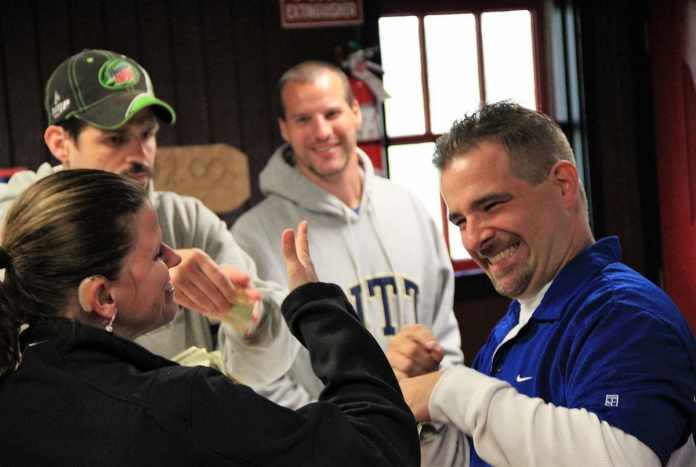No discussion of Deaf Culture and Community is complete without mention of cochlear implants. Hailed by many as a medical miracle, these electronic devices are capable of providing a sense of sound even to the profoundly deaf. Per the National Institute on Deafness and Other Communication Disorders (NIDCD), a cochlear implant typically consists of the following:
- A microphone to detect environmental sound.
- A speech processor to analyze and sort sound picked up by the microphone.
- A transmitter/receiver array, which converts signals from the speech processor into electric impulses.
- An electrode array to send the impulses from the receiver to the auditory nerve.
It’s important to note that a cochlear implant does not restore hearing but instead replicates the functionality of the inner ear when it comes to detecting and processing environmental sound. Typically, cochlear implants can be fitted to someone of any age, but they always require both a surgical procedure and auditory therapy.
On the surface, cochlear implants sound nearly miraculous. Why, then, do many in the Deaf community consider them a bad thing? As reported by Insider, there are a few reasons.
First and foremost is the fact that the messaging pushed by the medical community around cochlear implant surgery positions deafness as something to be ‘fixed’ or ‘cured.’ It implies that hearing loss, even if it’s congenital, somehow makes a person defective. Given how much of Deaf culture is wrapped up in the de-stigmatization of hearing impairment, one can understand how this perspective may be harmful.
There’s also the fact that cochlear implants are not the miracle cure that some professionals imply them to be. Most people who receive CI surgery must work extensively with speech therapists so they can actually learn how to use their implant. And success in that regard is not guaranteed.
Finally, there’s the matter of consent where hearing-impaired children are concerned. Many children with congenital hearing loss are born to hearing parents. These parents might make the decision to perform the procedure without considering how their child feels about deafness.
And in many cases, that can backfire — Insider, for instance, interviewed Brandon Edquist, who received a cochlear implant at age 3. Finding the implant unbearable, he frequently tried to switch it off and was punished for it. It took years before his parents finally acknowledged that he was happier without the implant, and that CI surgery was not the only way for Deaf people to ‘assimilate into society and be successful.’
Finally, there’s the fact that, along with hearing assistance devices, cochlear implants are constantly brought up by well-meaning friends, loved ones, and colleagues. For context on why this is so frustrating, imagine that you are living with a chronic illness for which you’ve comprehensively researched possible treatments to find the one that’s the best fit. Now imagine every other person tries to recommend one of those treatments to you — the wrong one.
Cochlear implants are a contentious issue within the Deaf community and will likely remain so. The truth is that they are not the miracle cure they’re so often presented as. They’re simply one of a long list of potential options for someone struggling with profound hearing loss.
And ultimately, it’s up to each person to choose the option that works best for them.
About the Author:
Pauline Dinnauer is the VP of Audiological Care at Connect Hearing, which provides industry-leading hearing loss, hearing testing, and hearing aid consultation across the US.






